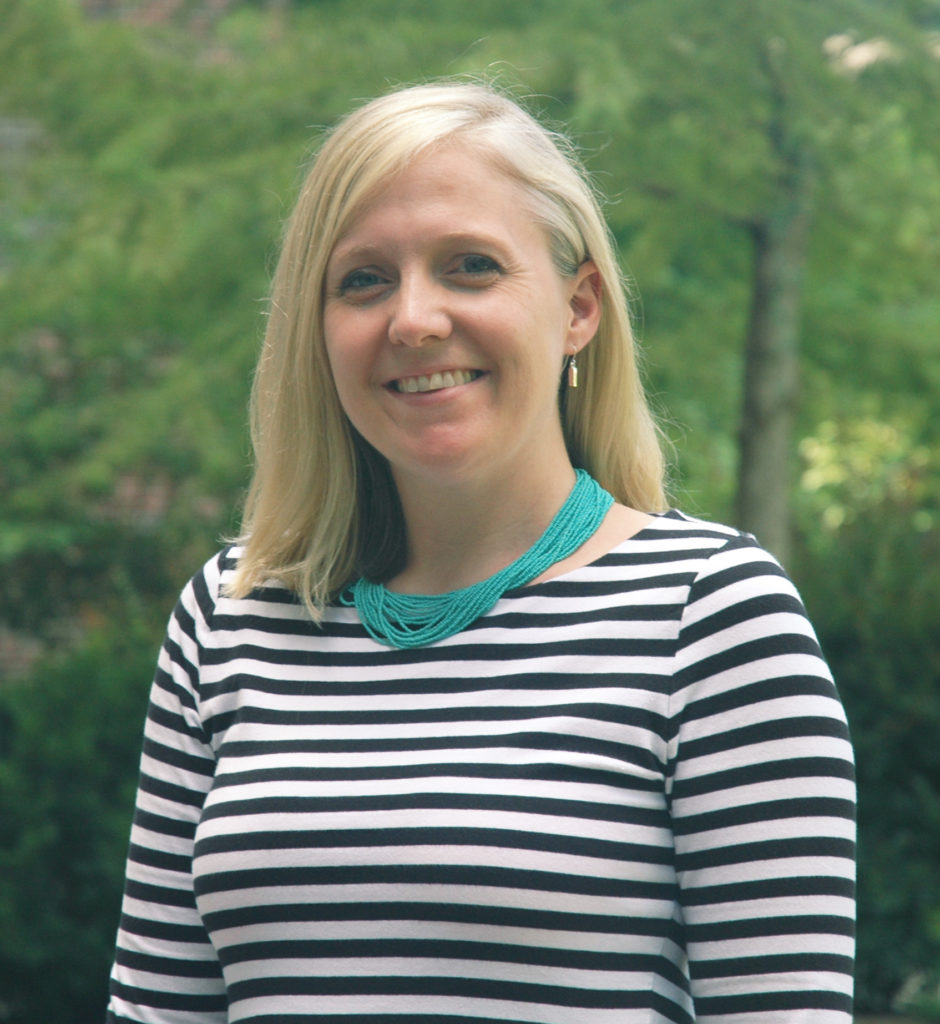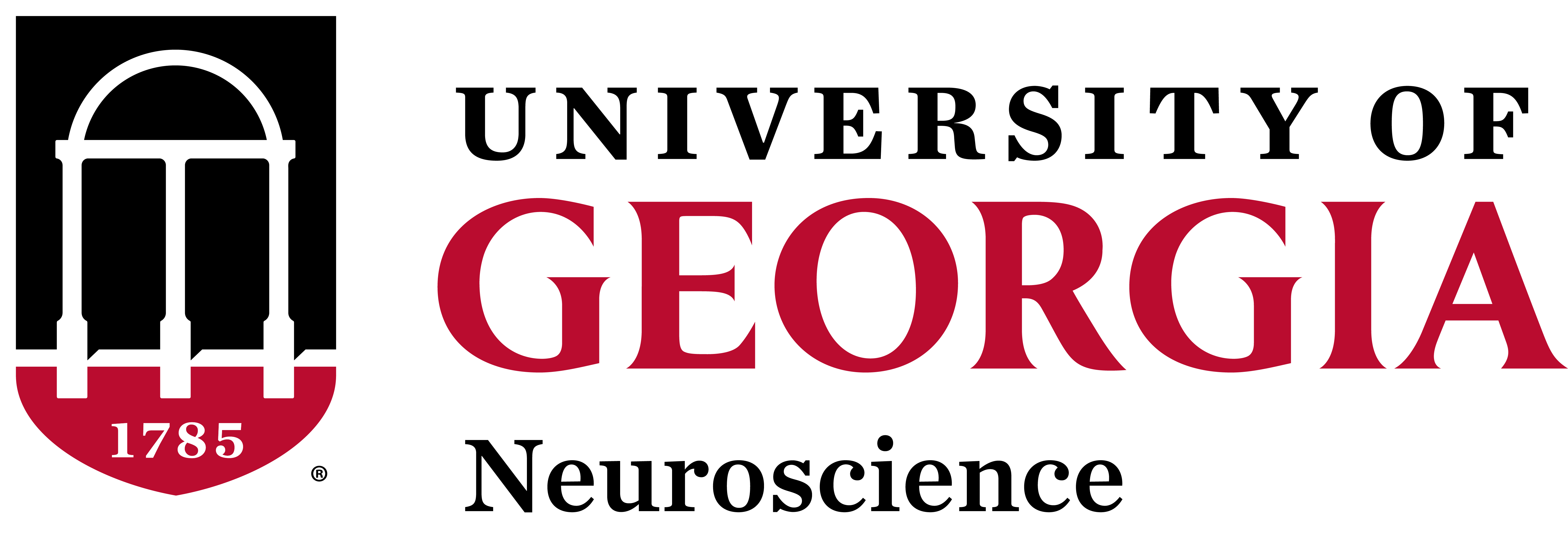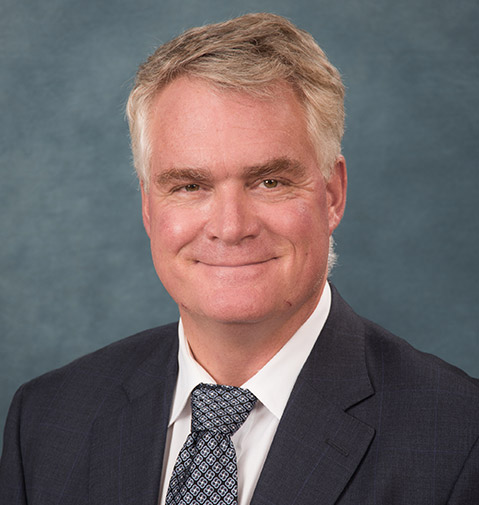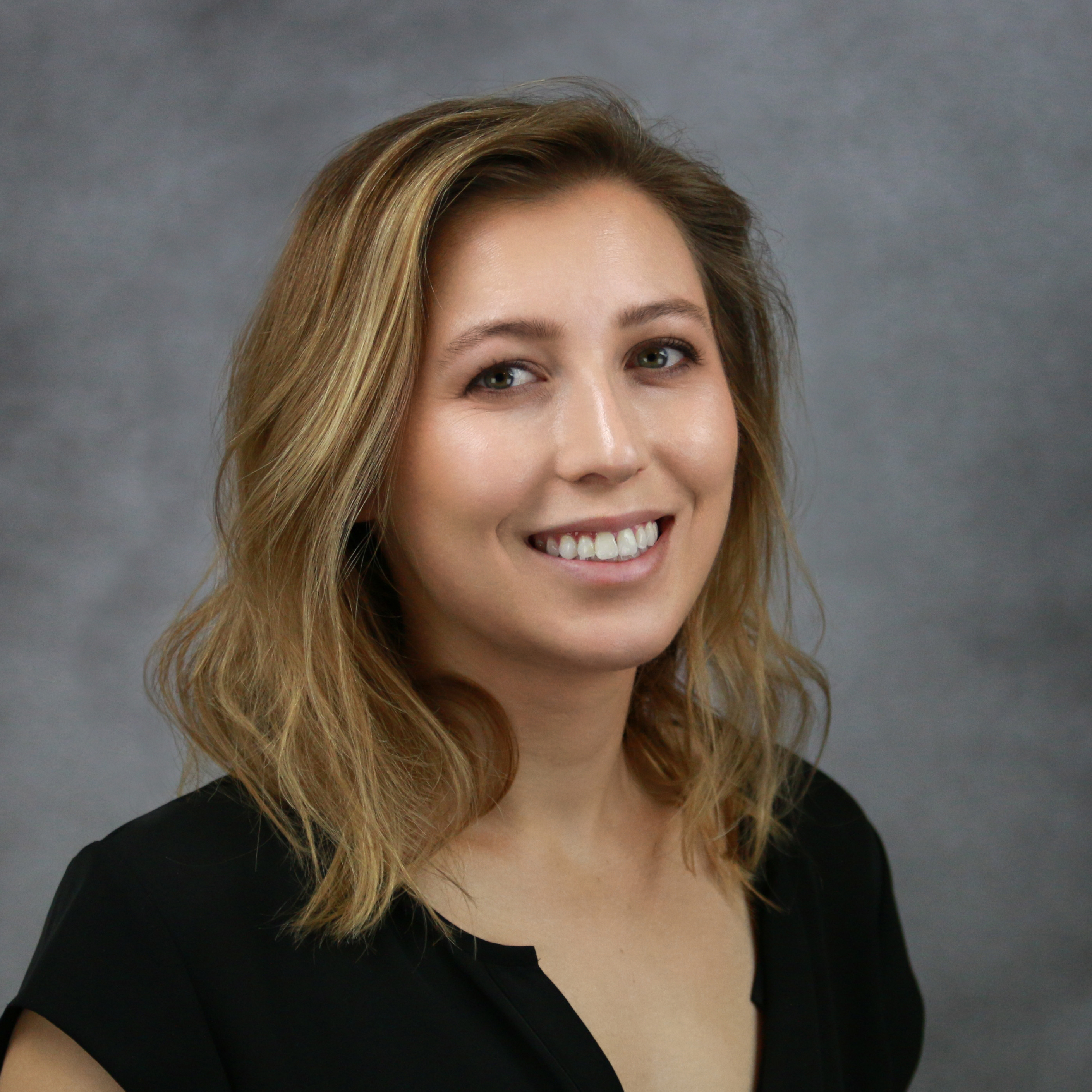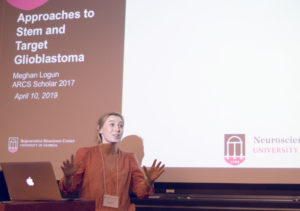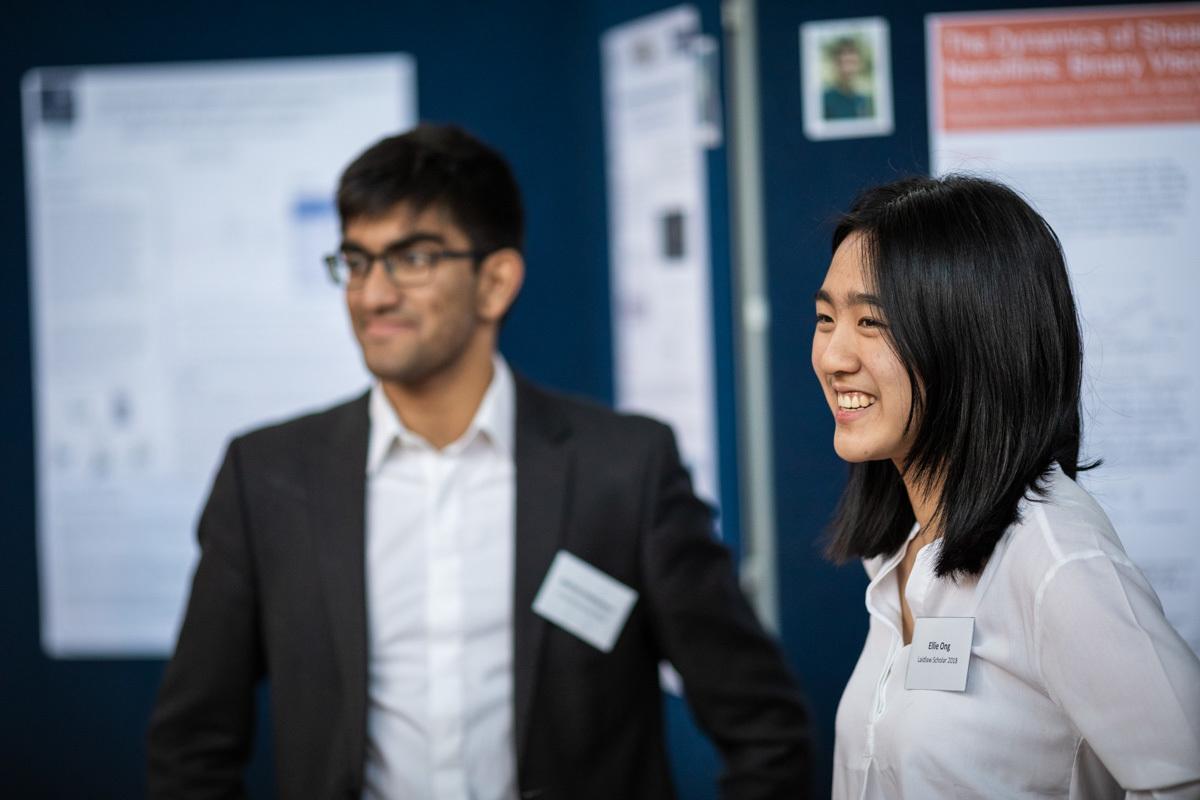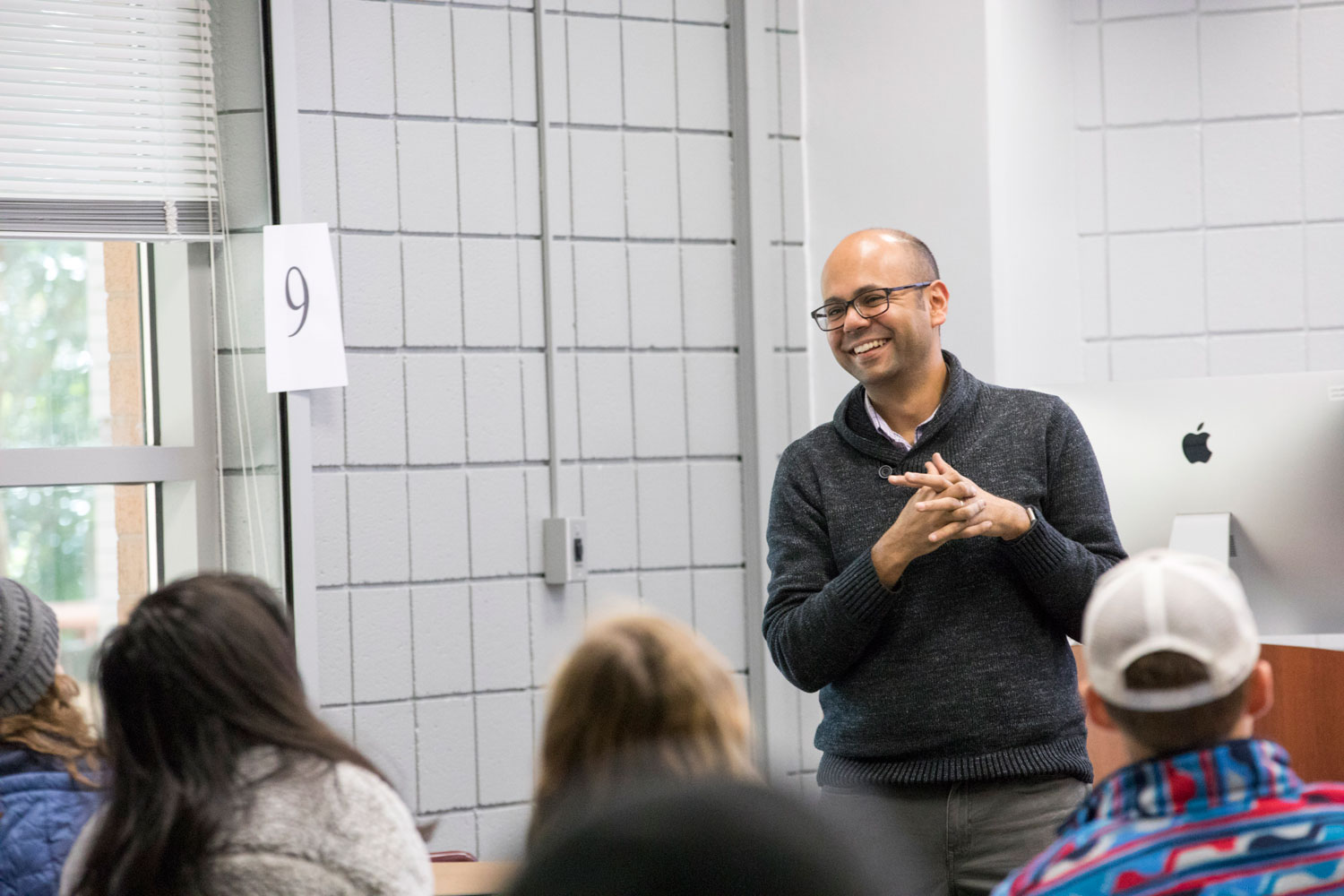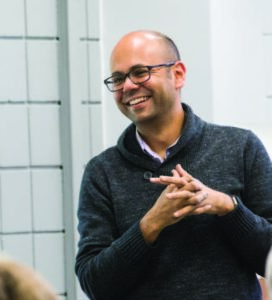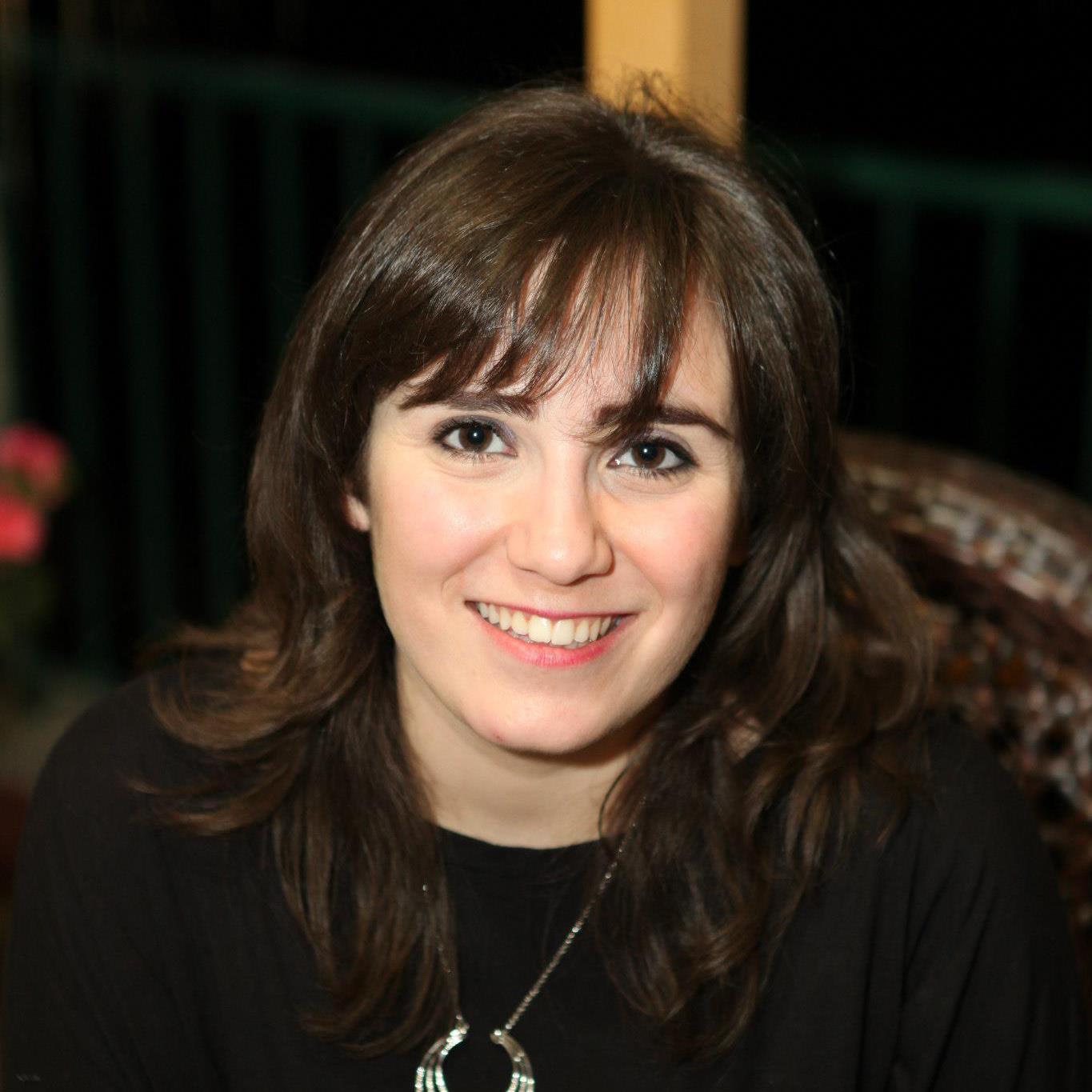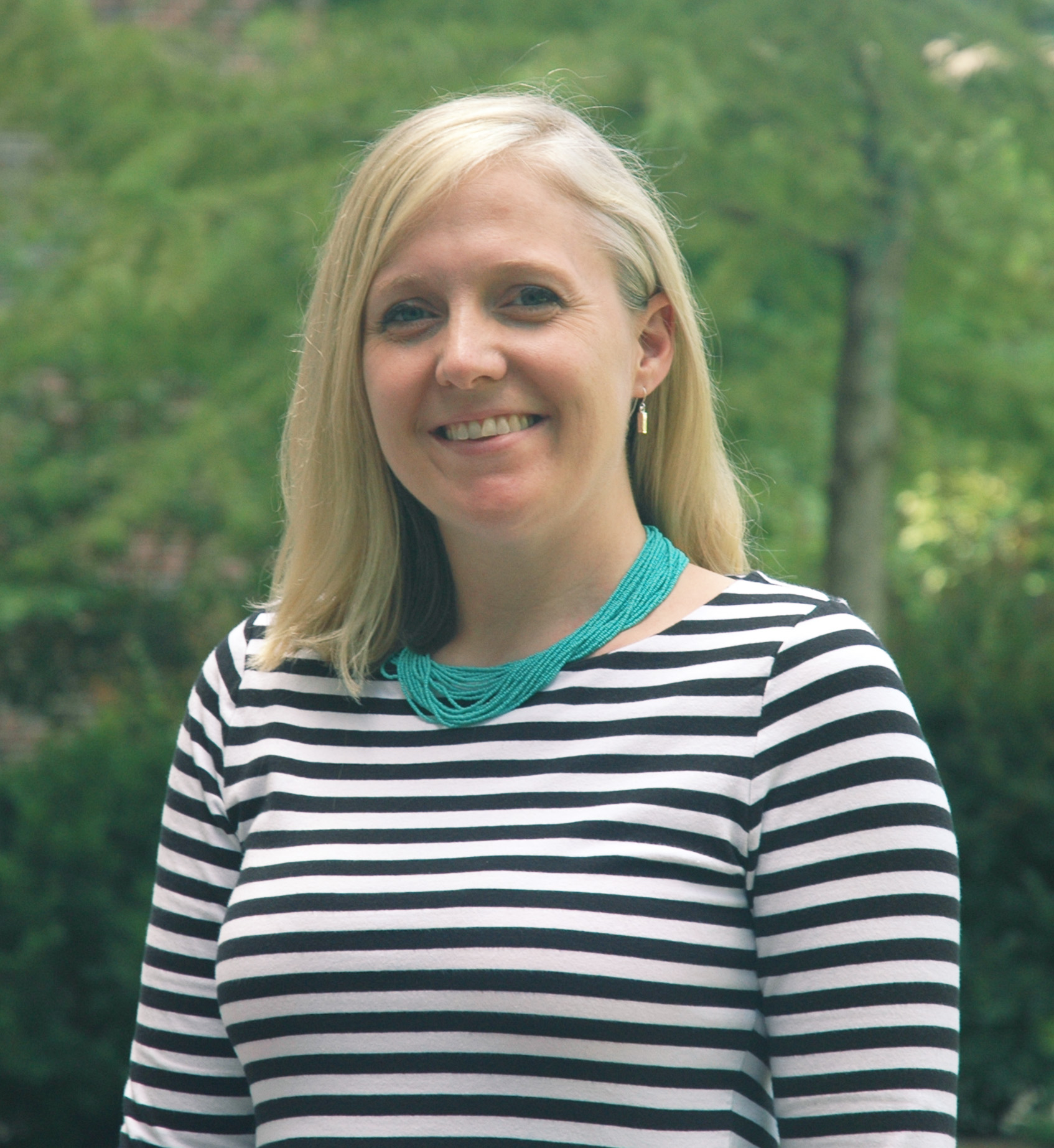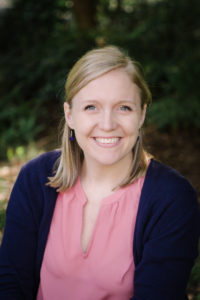On a campus of over 30,000 students, many are looking for their way to make a difference and leave a positive mark on the world. The Center for Undergraduate Research Opportunities at the University of Georgia is providing just that by allowing students to showcase research at an annual symposium in Athens.
CURO isn’t as much a club or organization as much as it’s a brand for many students. This campus-wide establishment allows students to take part in faculty-mentored research projects of nearly any discipline.
For students like Lauryn Waters, a sophomore student from Athens studying math, the community aspect is what piqued interest.
“Seeing so many perspectives helps with my own research,” Waters said. “I’m generally more math and humanities-centered, but I have cohort members in CURO that are in all different kinds of sciences.”
There are no constraints about what kind of research that students can take part in and present as a part of CURO.
In 2014-15, over 450 students completed 704 CURO courses with 302 faculty members from 83 academic departments, according to UGA’s CURO website.
The benefits the organization has to offer aside from the bullet on a resume includes allowing students to gain access to presentations, funding and publishing opportunities.
Not only does CURO offer scholarships and stipends for students taking part in on-campus research, but there are also CURO scholars who’ve been selected as a part of the admission process to conduct research at UGA.
“We receive a generous scholarship so that we can be successful in our research,” Mary Francis Kitchens, a freshman CURO scholar said. “The connections and opportunities I’ve made through CURO I really could not find anywhere else.”
Kitchens is studying marketing and international business and has conducted self-guided research on music in Athens and the impact it has on the community.
CURO coursework has been associated with students receiving a higher GPA, improved graduation rates and time to completion and major scholarship awards, according to the CURO website.
One of UGA’s CURO scholars, Stephan George was named a 2018 Goldwater Scholar. George is a junior from Lawrenceville, Georgia, and is majoring in biochemistry and molecular biology, with a concentration in neuroscience and genetics. George has also presented at the CURO Symposium for the past two years and plans to present this coming spring.
The CURO Symposium welcomes all undergraduate students to present their work through a poster or oral sessions throughout a two-day period.
Hosted at The Classic Center, this event will take place this year on April 8-9.
“Last year, I visited the Symposium and seeing so many students being proud about having their own thing, it just made me want to be a part of it even more,” Kitchens said.
Not only does CURO provide the opportunity to show the Athens community and beyond the work that students have been conducting throughout the year, but it also allows students to win reputable awards, including a Best Paper Award with cash prizes totaling up to $3,000.
“Having the opportunity to learn how to share what you have been doing at the Symposium is a game changer,” Waters said. “You get used to the world of whatever you’re doing but then explaining it to people who have no context of it really changes everything.”
There’s expected to be a large turnout for this year’s symposium, and with so many students taking part in undergraduate research in so many fields — there is something for everyone to learn about at the CURO Symposium.
–Originally published in the Red and Black | Vanessa Sachs | Contributor
